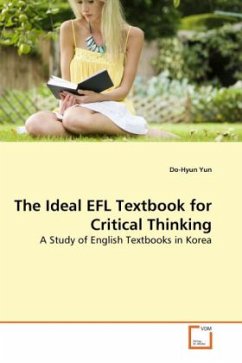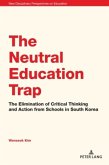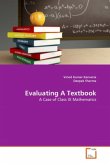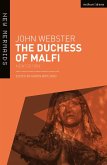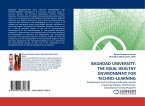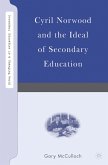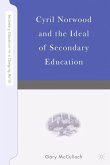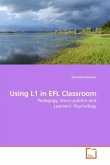Under the slogan of globalization, English proficiency has become an important skill. However, inadequate English-language education creates various problems in Korea. Many people say that English has become more important than at any other times because it is a universal language for exchanging information and communication in all fields. However, looking at the hegemony of English we should take into consideration that the purpose of English language education in the contemporary world order cannot be simply the development of skills aimed at acquiring the dominant English language. Unfortunately, English in the EFL textbooks in Korea was not being taught primarily to learn critical thinking but as a means of banking education. This book explores how EFL teachers in Korea perceived the meaning of language, literacy and culture through an English critical textbook based on multicultural education and critical media literacy combined with critical pedagogy.
Bitte wählen Sie Ihr Anliegen aus.
Rechnungen
Retourenschein anfordern
Bestellstatus
Storno

